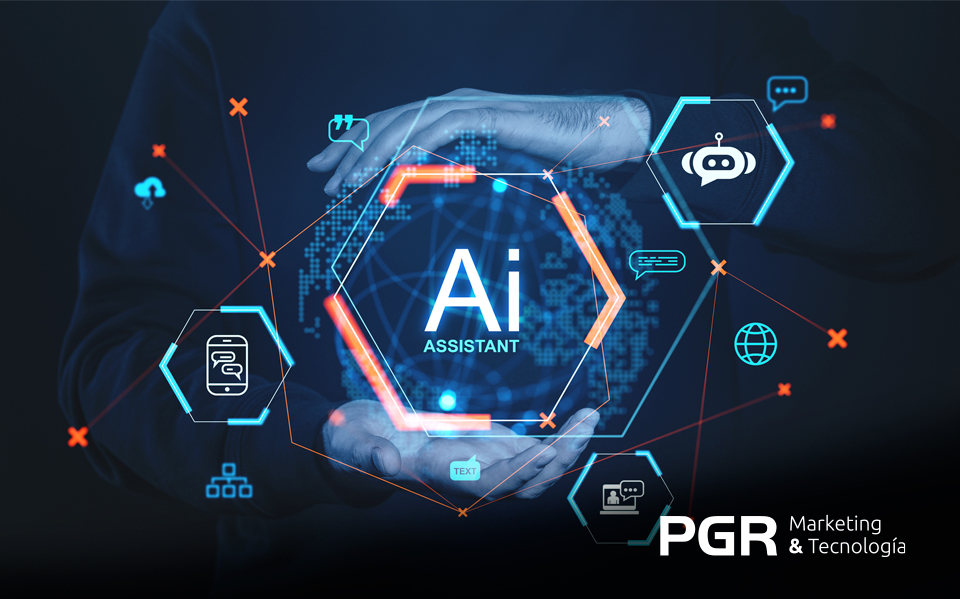
B2B companies in the tech sector face a highly competitive environment where generating high-quality leads is essential to boost sales and business growth. However, doing so manually—from identifying prospects to qualifying, following up, negotiating, and closing deals—requires a time and resource investment that’s difficult to sustain at scale.

More and more businesses are striving to offer more personalised attention to their customers, but doing so manually is time-consuming and difficult to scale. This is where artificial intelligence (AI) comes into play: thanks to its capabilities, sales and marketing teams can create highly personalised AI-powered email marketing campaigns, but on a massive scale.

Although artificial intelligence (AI) has revolutionised many areas, there's one field where it still stumbles: turning data into understandable visuals. At first glance, it seems like a solved task. But behind every visualisation lies a deeper, still unresolved challenge: how to distil complex analytical processes into a single, clear, and effective instruction?

When ChatGPT emerged and generative artificial intelligence began to gain traction, the SEO world went on high alert. For over two decades, the rules of search engine rankings had barely changed — but the arrival of this new technology called into question many principles that were once seen as unshakable. Reassuring voices quickly appeared, many of them linked to the search engines themselves, claiming that content traditionally ranked well would continue to do so in the age of AI.

In recent years, artificial intelligence has become an almost essential ally for marketing professionals in companies. This has been made possible thanks to its ability to generate leads, score their quality through automatic lead scoring, and offer advanced predictive marketing tools that help anticipate user behaviour.